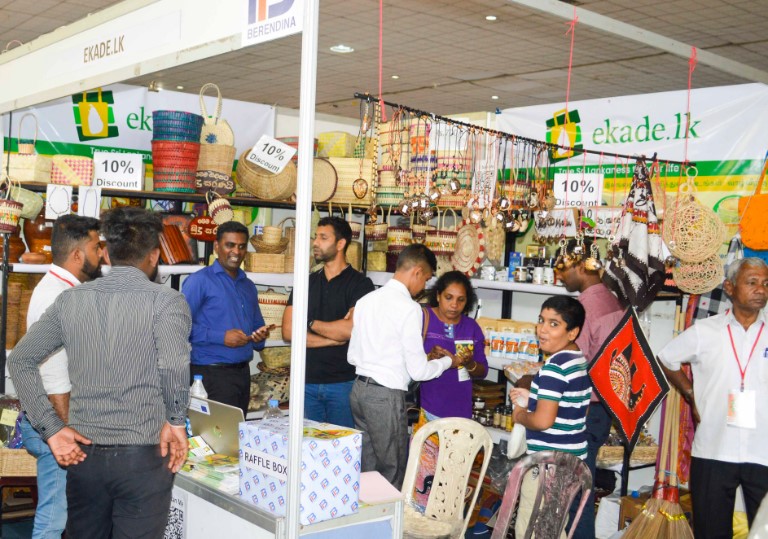- Empty cart.
- Continue Shopping
Why Made in Sri Lanka Products are Special?

Welcome to Ekade

Made in Sri Lanka products are considered special for several reasons:
It is important to note that while these factors contribute to the appeal of Made in Sri Lanka products, the perception of “specialness” may vary depending on individual preferences and cultural perspectives.
